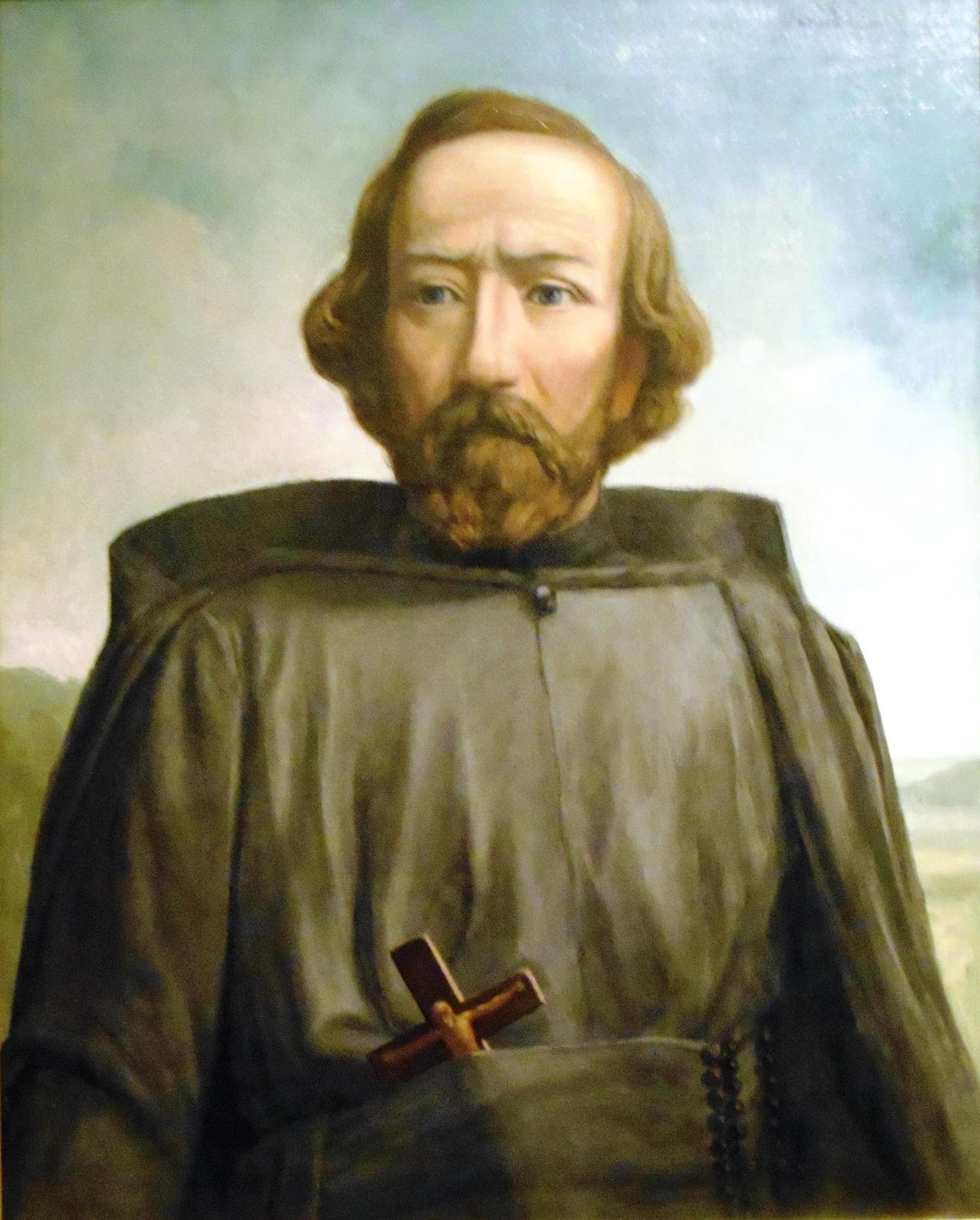Jacques Marquette was a remarkable figure in the history of exploration and missionary work in North America. Born in France in 1637, he dedicated his life to both religion and adventure, leaving behind a legacy that continues to be celebrated today. Through his efforts, he became the first European to explore and map a significant portion of the Mississippi River, paving the way for future explorers. His journey exemplifies the spirit of exploration that characterized the 17th century and showcases the blend of faith and curiosity that drove many individuals to seek new worlds.
Who Was Jacques Marquette?
Frenchman Jacques Marquette became an explorer in the mid-1600s, motivated not only by his interest in travel and the discovery of new lands but also by his religious convictions. At the young age of 17, he joined the Society of Jesus, becoming a Jesuit missionary. His mission led him to establish missions in present-day Michigan, where he played a pivotal role in the early interactions between European settlers and Indigenous peoples. Later, he teamed up with explorer Louis Joliet on an important expedition aimed at discovering and mapping the Mississippi River.
Early Life
Marquette was born in Laon, France, on June 1, 1637. His early education and religious training were significant in shaping his future as a missionary. At just 17 years old, he joined the Society of Jesus, committing himself to a life dedicated to serving others and spreading the Christian faith.
For about 12 years, he studied and taught in various Jesuit colleges in France. His superiors recognized his talents and, in 1666, assigned him to become a missionary to the Indigenous peoples of the Americas. This marked the beginning of his adventurous journey across the Atlantic to Quebec, Canada, where he immersed himself in learning Indigenous languages, becoming fluent in six different Native American dialects and an expert in the Huron language.
Explorations and Discoveries
On May 17, 1673, Marquette, alongside his friend Louis Joliet, set out on a groundbreaking expedition that aimed to chart the Mississippi River. Their group included five men and two canoes, embarking on a journey into the unknown. The river, referred to as Messipi, meaning "the Great Water" by the natives, was a vital waterway that held great promise for exploration and trade.
Despite sharing a common goal of finding the river, Marquette and Joliet had different motivations. While Joliet was primarily focused on mapping the area, Marquette’s mission was rooted in his desire to spread Christianity among the Indigenous peoples they encountered. This difference in ambition highlighted the dual nature of exploration during this time—both the quest for knowledge and the pursuit of religious conversion.
As they traveled westward, Marquette's group reached Green Bay in present-day Wisconsin and navigated the Fox River before entering the Mississippi near Prairie du Chien on June 17, 1673. The expedition continued downriver until they learned that they were entering hostile Spanish territories. Concerned about potential conflicts with Spanish colonists, Marquette and Joliet decided to turn back in mid-July, marking a significant, albeit cautious, step in their exploration.
Death
After their expedition, while Joliet continued to Canada to share news of their discoveries, Marquette remained in Green Bay. In 1674, he embarked on a new mission to reach the Illinois Native Americans. However, harsh winter conditions forced him and two companions to camp near what is now Chicago, making them the first Europeans to inhabit the area. The spring of 1675 brought him closer to his mission, but illness struck—dysentery contracted during his travels compelled him to return home.
Marquette died on May 18, 1675, while en route to St. Ignace. He passed away at the mouth of a river that would later be named in his honor, Père Marquette. His dedication and sacrifice in the name of exploration and faith left an indelible mark on the history of North America.
Legacy
Jacques Marquette’s contributions have been recognized and memorialized in various ways. Many towns, parks, and geographical locations bear his name as a tribute to his pioneering spirit. Marquette University in Milwaukee, Wisconsin, is one of the most notable institutions named after him, reflecting his lasting influence on education and culture.
Statues commemorating Marquette have also been erected, including one at the Prairie du Chien post office, another at Quebec's parliament building, and one in his birthplace of Laon, France. These monuments serve as reminders of his adventurous life and his significant role in the early exploration of North America.
Quick Facts
- Name: Jacques Marquette
- Birth Year: 1637
- Birth Date: June 1, 1637
- Birth City: Laon
- Birth Country: France
- Gender: Male
- Best Known For: First European to see and map the northern portion of the Mississippi River
- Industries: Christianity
- Astrological Sign: Gemini
- Nationalities: French
- Death Year: 1675
- Death Date: May 18, 1675
- Death State: Michigan
- Death City: St. Ignace
- Death Country: United States
Jacques Marquette's life story is an inspiring example of faith, exploration, and the quest for knowledge that characterized his time. His legacy continues to influence and captivate those who study the history of early American exploration.
Exploring The Life And Legacy Of Gwendolyn Brooks: A Trailblazing Poet
Exploring The Life And Legacy Of Lynda Carter: The Iconic Wonder Woman
Exploring The Life And Legacy Of David Alfaro Siqueiros


